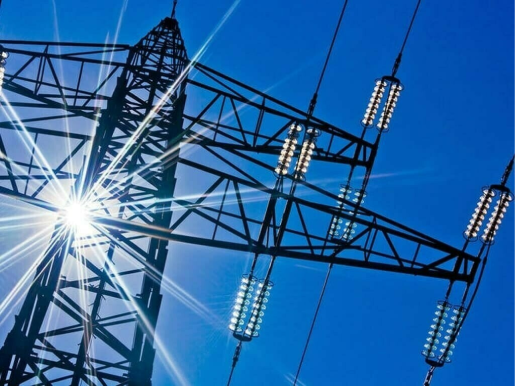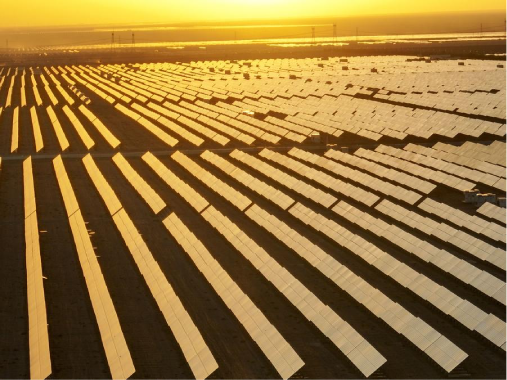China will gradually reduce the share of fossil fuels in its energy mix until it reaches 20 percent or lower fossil fuel use by 2060, the authorities of the world’s top crude oil importer said on Sunday.
China also reiterated that its carbon dioxide (CO2) emission will have peaked by 2030, according to a document jointly released by the Communist Party of China Central Committee and the State Council and cited by state news agency Xinhua.
China will target to gradually increase the share of non-fossil energy consumption to around 20 percent by 2025, around 25 percent by 2030, and over 80 percent by 2060, the document says.
Before the pandemic, energy from non-fossil fuels accounted for 15.3 percent of total energy consumption in China, up by 5.6 percentage points from 2012.
China announced in September last year that it would aim to become carbon neutral by 2060.
“By 2060, China will have fully established a clean, low-carbon, safe and efficient energy system, with energy efficiency reaching the advanced international level,” the authorities said in the document released this weekend.
China’s guidelines come a week before the start of the COP26 climate summit in Glasgow, at which the UK’s Prime Minister Boris Johnson hopes to have a global commitment for emissions reductions.
China, however, is unlikely to send President Xi Jinping to the summit, according to media reports. The Chinese government has yet to announce who will be attending the climate gathering, CNN Business reported on Monday.
Amid the energy crisis in the country, China backpedaled earlier this month on its emission reduction commitments.
In a statement, Premier Li Keqiang said that the stable supply of energy must be the foundation of any transition to a less emission-intensive future.





